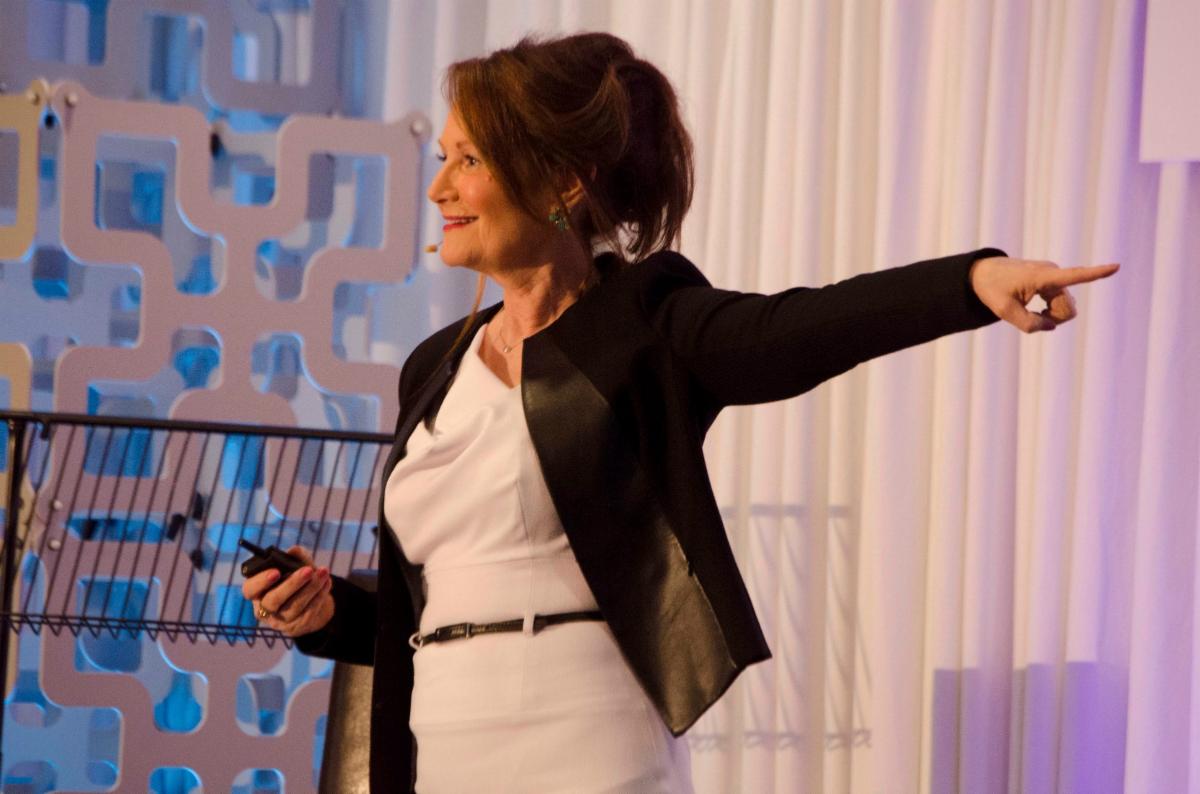Election night speeches have tremendous power to heal, and they will have special impact in what has been an awful, embarrassing presidential campaign. There is so much that we have taken for granted that has been turned on its head. (I feel so badly for people for whom this is their first election.) While I’ve always said the best communicator wins, there has been so much tumult generated from so many different directions, I honestly change my mind about who is doing a better job from one day to the next… sometimes during the course of a single day!
I veer from sure to shaken.
So instead of identifying who is likely to win based on who I think is the better communicator, I’ve decided to move on to the election night speeches the candidates will deliver when the election results are in and the power they each have to move us forward from our current, depressing circumstance.
These election night speeches are critically important, both in substance and style. With this terrible campaign as a backdrop, they will be more important than ever before, for the country, indeed for the world.
So here is what both Hillary Clinton and Donald Trump must do in their election night speeches whether they win or lose. By observing them, we can learn a lot about leadership, particularly the roles grace and dignity play.
The mark of a true leader is someone who can give voice to the people he or she leads. When a candidate wins a US presidential election, it’s possible less than a majority will have voted for that person. Of the majority, many will vote not because they like a candidate, but because they dislike the opponent more, therefore limiting further who can be counted as a solid supporter.
But when a winner is decided, especially in a non-incumbent year, the ground immediately shifts beneath us all. For many in the opposing camp, it feels more like a earthquake measuring 7 on the Richter scale.
So it may seem as if the winner has a bigger lift than the loser, but I think they both have an equal, as well as awesome responsibility.
They must both exhibit signs of dignity and grace. The language of inclusiveness, of love, even, should be front and center, and not just for one’s own supporters, but for all the people.
The winner in particular must primarily show heartfelt compassion for the supporters of the loser, if not necessarily for the loser him or herself. (It would be nice, but unlikely given the personal animus between the candidates this time.)
The loser must communicate faith in the system and respect for the people’s decision. This is to ensure the peaceful transfer of power, a uniquely beautiful part of the American system.
Additionally, the winner should..
- Keep it short. I’d advise no longer than 15 minutes. Obama spoke longer than that, but our attention spans have shortened since then. Besides, in terms of eloquence and public speaking technique, he’s a hard act to follow and neither Clinton nor Trump has his chops.
- Thank every American who participated – whomever they voted for – followed by those who are closest, then the team.
- Acknowledge the other side, that it was a hard fought campaign. Show grace in winning by promising to listen to and work with the loyal opposition.
- Speak truthfully about conflicts and disagreements, but tie it into our freedoms.
- Convey hope for the future and confidence about our ability to get there,
- Exhibit a little self-directed humor.
- Speak from the heart.
And, the loser should…
- Keep it very short. 5 minutes is enough.
- Convey the selection of a president is bigger than any one person or campaign.
- Acknowledge the loss and affirm it was fair and square.
- Thank supporters, family, and team.
- Show grace and dignity in losing by going quickly and quietly and don’t return to public life for a good, long time. The country needs to heal and adjust.
With passions running so high, t’s difficult to imagine how much can be accomplished with a solid, heartfelt, dignified, and graceful speech, especially after such a horrid and, frankly, disgraceful campaign. But we’ll all have a chance to see, hopefully Tuesday evening, that powerful speech can heal deep wounds. I’m certain of it. It’s actually the only thing I’m certain of when it comes to this election.

